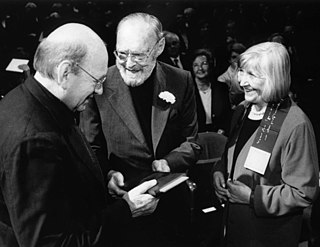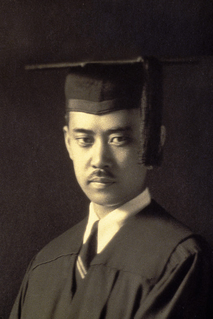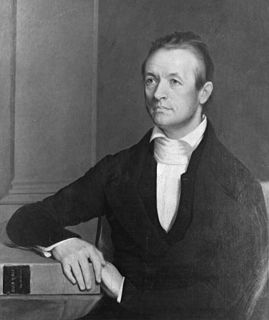A Quote by Bernd Becher
Our camera does not produce pretty pictures, but exact duplications that, through our renunciation of photographic effects, turn out to be relatively objective. The photo can optically replace its object to a certain degree. This takes on special meaning if the object cannot be preserved.
Related Quotes
Thought is not what inhabits a certain conduct and gives it its meaning; rather, it is what allows one to step back from this way of acting or reacting, to present it to oneself as an object of thought and to question it as to its meaning, its conditions, and its goals. Thought is freedom in relation to what one does, the motion by which one detaches from it, establishes it as an object, and reflects on it as a problem.
We don’t go further than what Marx called the exchange value of the actual object - we don’t think about the relations that that object embodies - and were important to the production of that object whether it’s our food or our clothes or our I-pads or all the materials we use to acquire an education at an institution like this. That would really be revolutionary to develop a habit of imagining the human relations and non human relations behind all of the objects that constitute our environment.
Out of the multitude of our sense experiences we take, mentally and arbitrarily, certain repeatedly occurring complexes of sense impression (partly in conjunction with sense impressions which are interpreted as signs for sense experiences of others), and we attribute to them a meaning the meaning of the bodily object.
Well, think of what I’m doing to you right now. For me I’m the self, and you’re the object. For you, of course, it’s the exact opposite—you’re the self to you and I’m the object. And by exchanging self and object, we can project ourselves onto the other and gain self-consciousness. Volitionally.” “I still don’t get it, but it sure feels good.” “That’s the whole idea,” the girl said.
I always try to create equal power between the subject and the object, so as not to end up creating a relationship where the camera is here and the object out there. This is for me a very difficult and sensitive balance. When I produce a work, cut and frame images, I realize that spectators can identify with the images and almost forget that someone else actually made them. This would be the optimal situation. I don't know whether I succeed in doing so, but that's what I would like to have happen.
It is one step, and a giant one, to see clearly and participate in the love that flows between the persons of the Trinity, but even here, God is seen as the object of his own love. It is yet another step to realize that God is beyond all subject and object and is Himself love without subject or object. This is the step beyond our highest experiences of love and union, a step in which self is not around to divide, separate, objectify or claim anything for itself. Self does not know God; it cannot love him, and from the beginning has never done so.








































